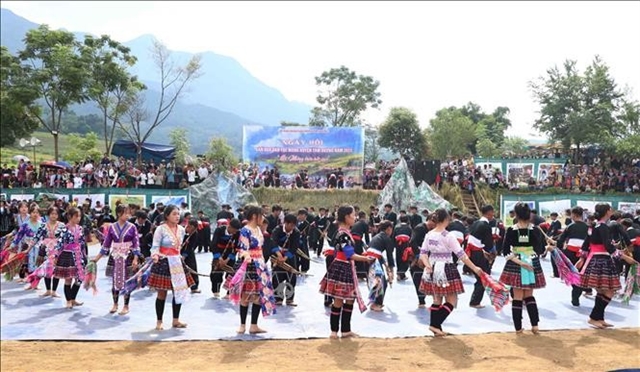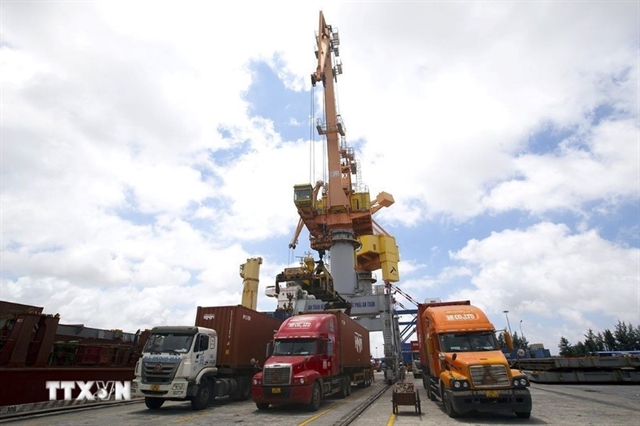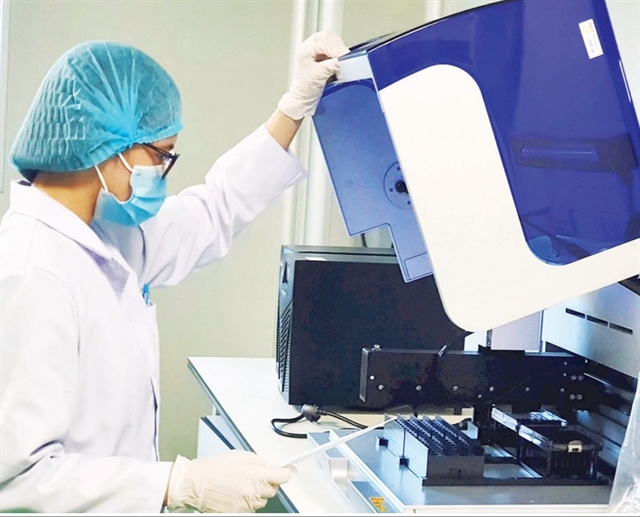 Society
Society
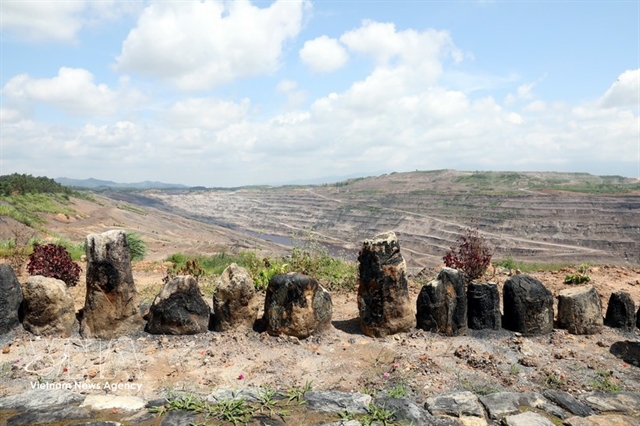
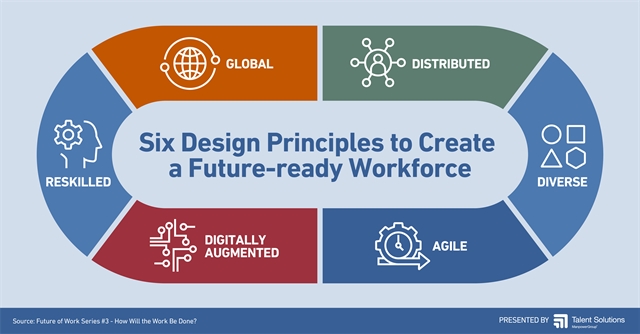
|
| Infographic courtesy of ManpowerGroup Vietnam |
HCM CITY — At a time characterised by talent shortages, changing business models, and increased economic volatility, contingent workers have become more important, according to research released by the workforce solutions company ManpowerGroup.
In partnership with Everest Group, ManpowerGroup has recently launched the ‘Future of Work’ series, which provide practical advice to HR leaders and organisations on how to navigate the next normal for their organisations.
The research leverages existing data from a survey of 200 senior HR leaders across various geographies, industries, and organisation sizes.
It found that 73 per cent of organisations expect to increase the number of contingent workers in the next 12-18 months.
More than 90 per cent of organisations believe diversity is beneficial and want to improve their workforce diversity, equity, inclusion, and belonging (DEIB) initiatives which create connections, give people a sense of acceptance, and are essential for growth and well-being.
DEIB initiatives are currently well integrated in 19 per cent of surveyed organisations.
Before 2020, rapid technological advances, changing workforce demographics, and evolving customer expectations were already shaping work and the modern workplace, and COVID-19 accelerated this momentum.
Major disruptions have arisen and remote working has become mainstream.
While organisations agree with moving to a hybrid working model, the actual planning and transition is fraught with challenges.
The research showed that a willingness to accept remote work significantly improved an organisation’s ability to hire talent, as reported by 64 per cent of the surveyed HR leaders.
“Companies now realise that quality work can be done from anywhere. Leaders understand they need to make necessary operational changes to ensure their team feels productive, happy, and healthy no matter where they set their laptops. The hybrid work model is only part of the new well-being of workers in the new normal,” said Andree Mangels, general manager of ManpowerGroup Vietnam.
“Other elements related to who will do the work, where and how the work will be done should be the top priorities of leaders to consider for building successful talent acquisition strategies in a changing world of work,” Andree said.
Around 83 per cent of enterprises have already increased their emphasis on employee reskilling and upskilling efforts compared to before the pandemic.
Nevertheless, they need to overcome certain barriers to fully realise their skilling goals.
The COVID-19 pandemic has been an event of unprecedented proportions, significantly disrupting the employment market and businesses around the globe.
As organisations increasingly look at ways to support and grow their businesses in an environment characterised by extreme uncertainty, HR leaders will need to be at the forefront of such work management efforts. —VNS

